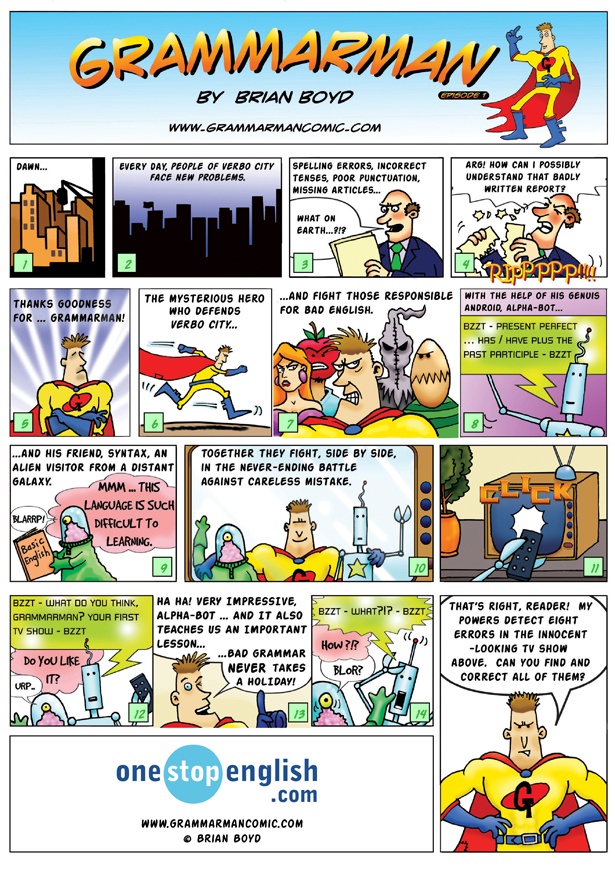Problemas de concor!dancia: Agreement
AGREEMENT = concordancia CROSS OUT THE WRONG OPTIONS. Newspapers is / are sold in our local supermaket everyday. But this English magazine is/ are not sold here. Is/ Are these newspapers sold with a DVD? In fact they is/ are being sold with a mug and a comic today. I thought the headlines was/were written in Frech, but I made a mistake. Was/Were they written in Polish? I was/were told they was/were written in Esperanto. Was/were the article also written in Esperanto? FEEL CONFIDENT AND TRY MORE EXERCISES Put the verb in brackets () into the passive voice. Use past simple passive only and pay attention to the CONCORD AND AGREEMENT, SUBJECT-VERB. Ice cream puede ser contable o incontable, si nos referimos al producto o a un cucurucho de..., usamos la misma palabra de formas diferente. Example: Ice cream ____ (eat) in China centuries ago. Answer: Ice cream was eaten in China centuries ago. 1. The people at the World'
